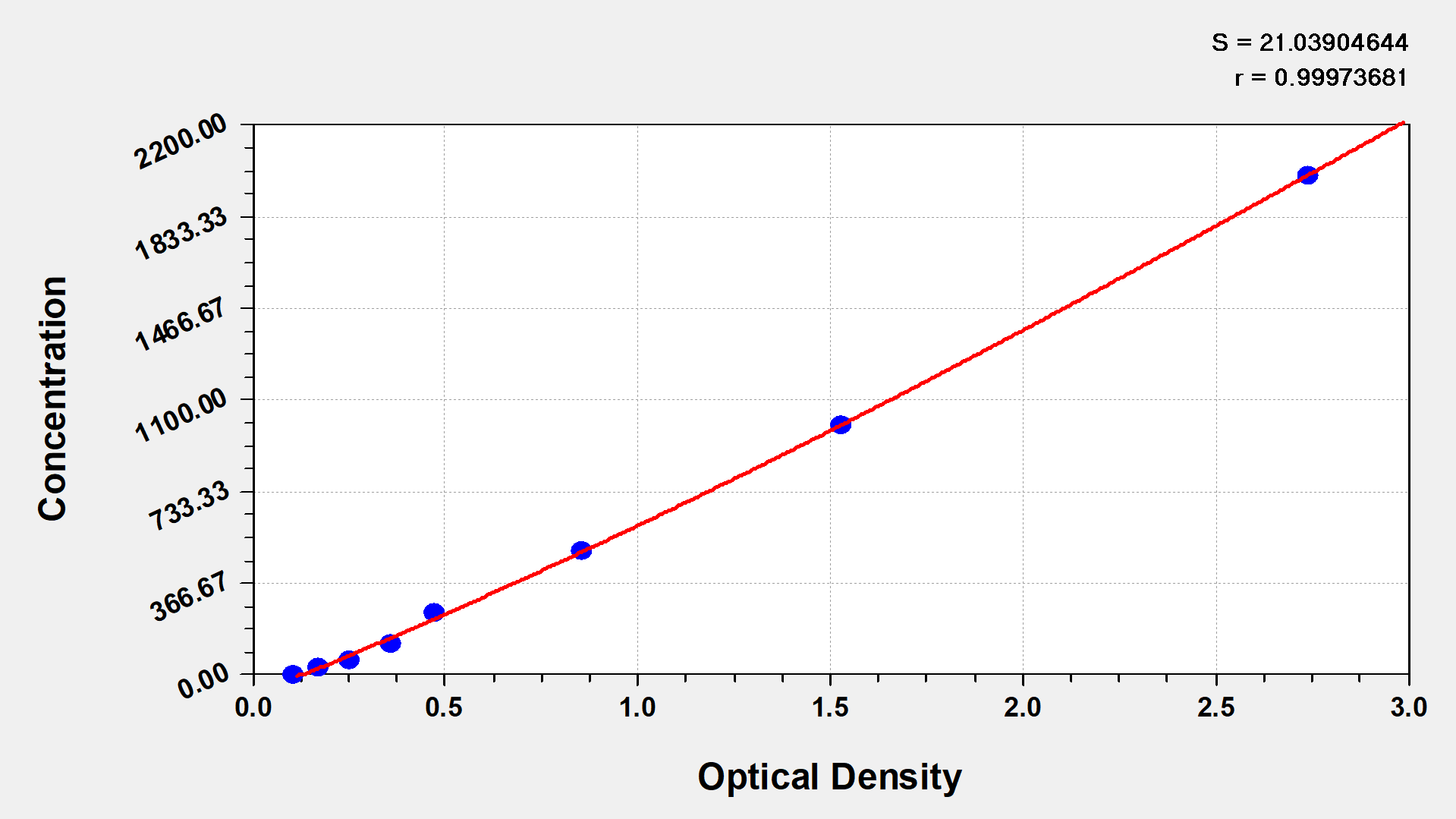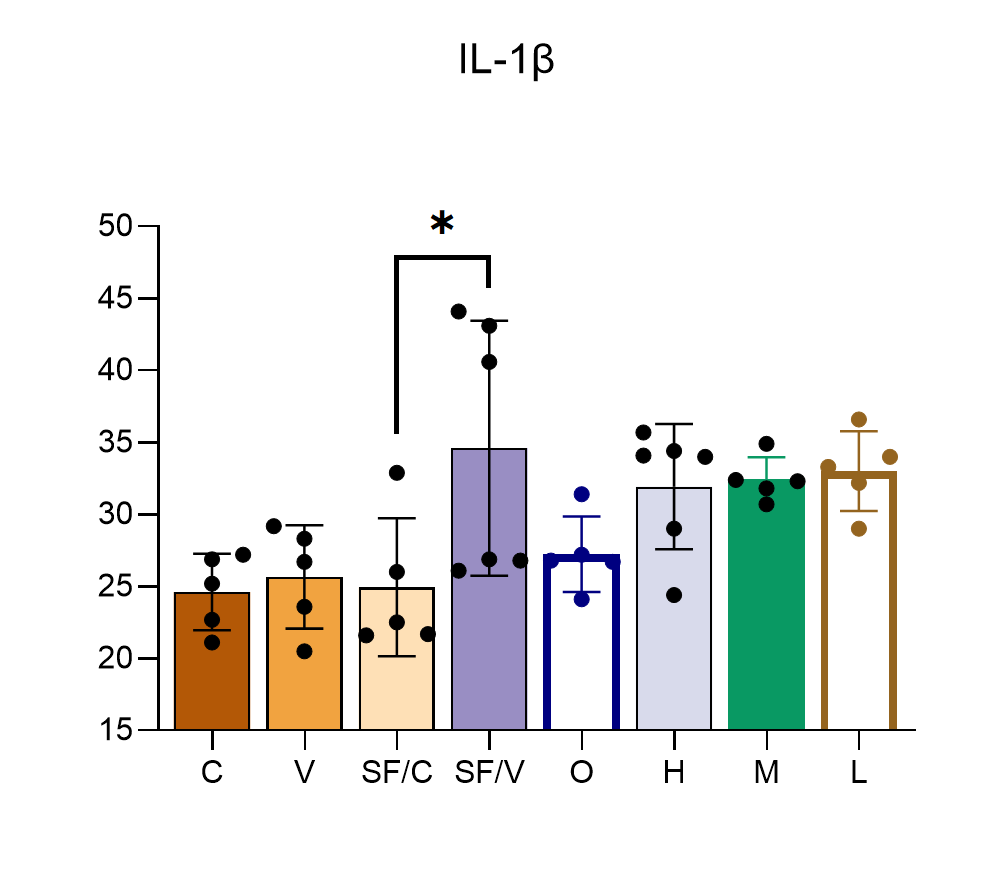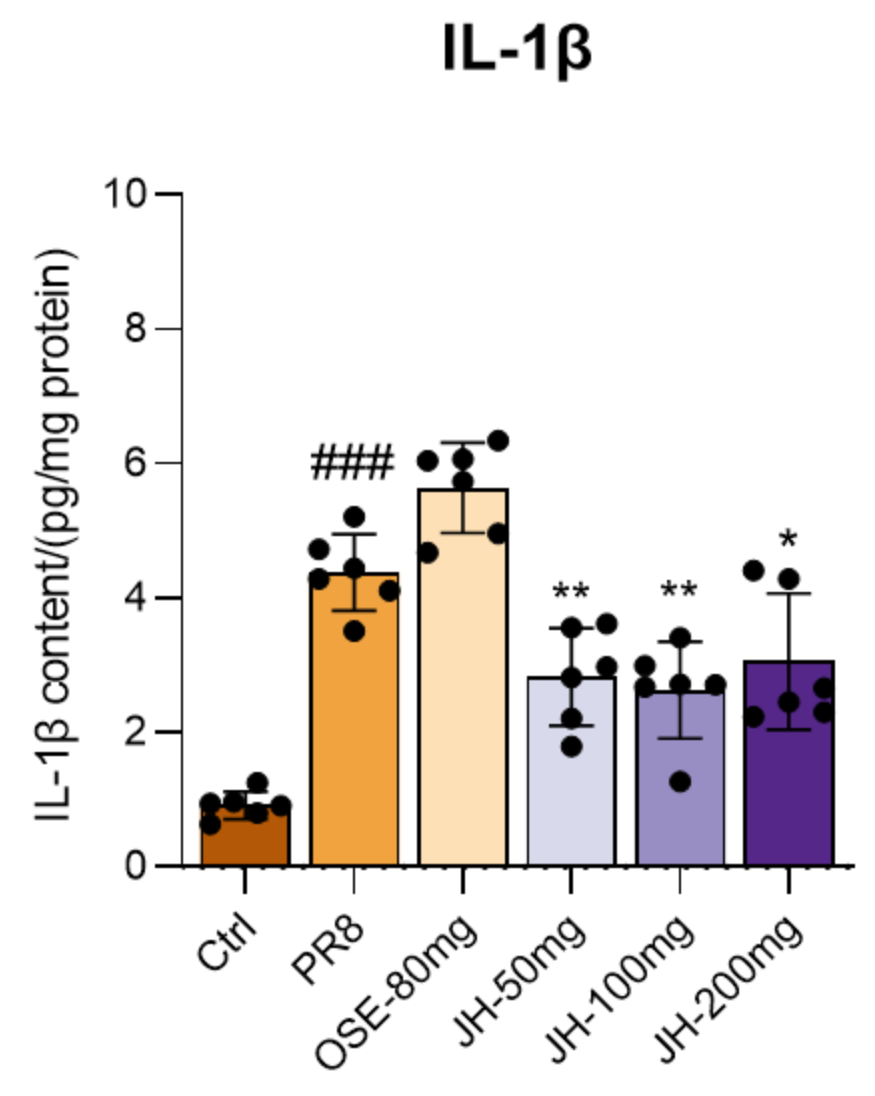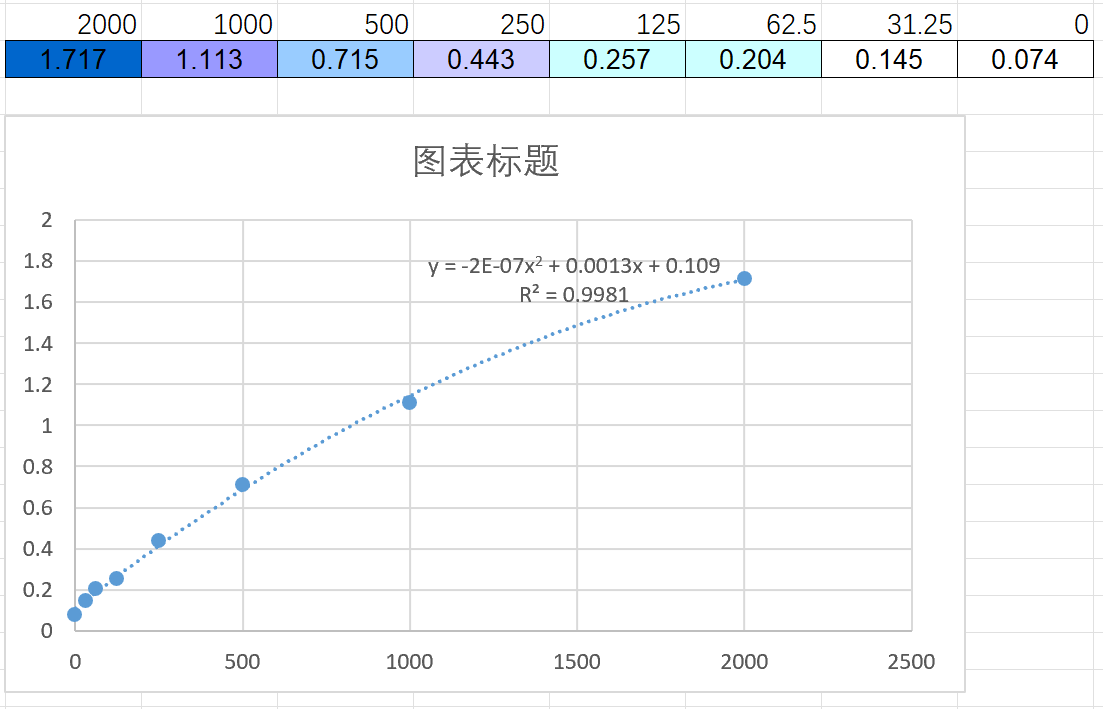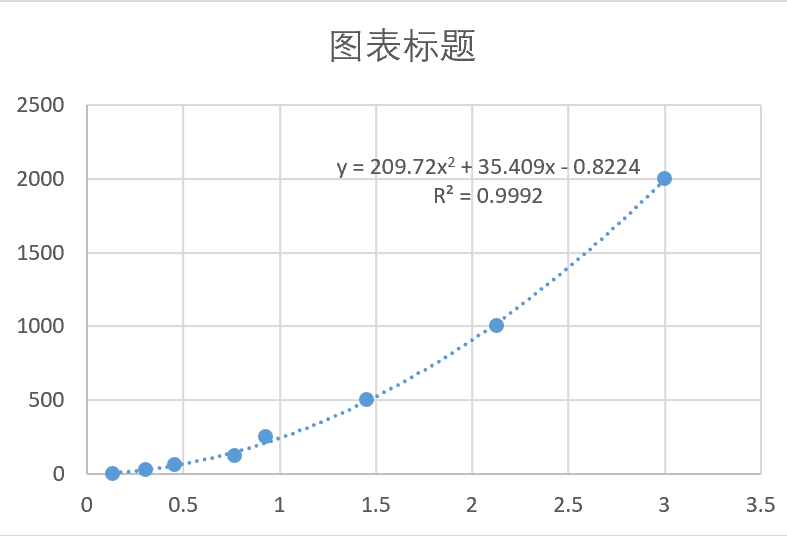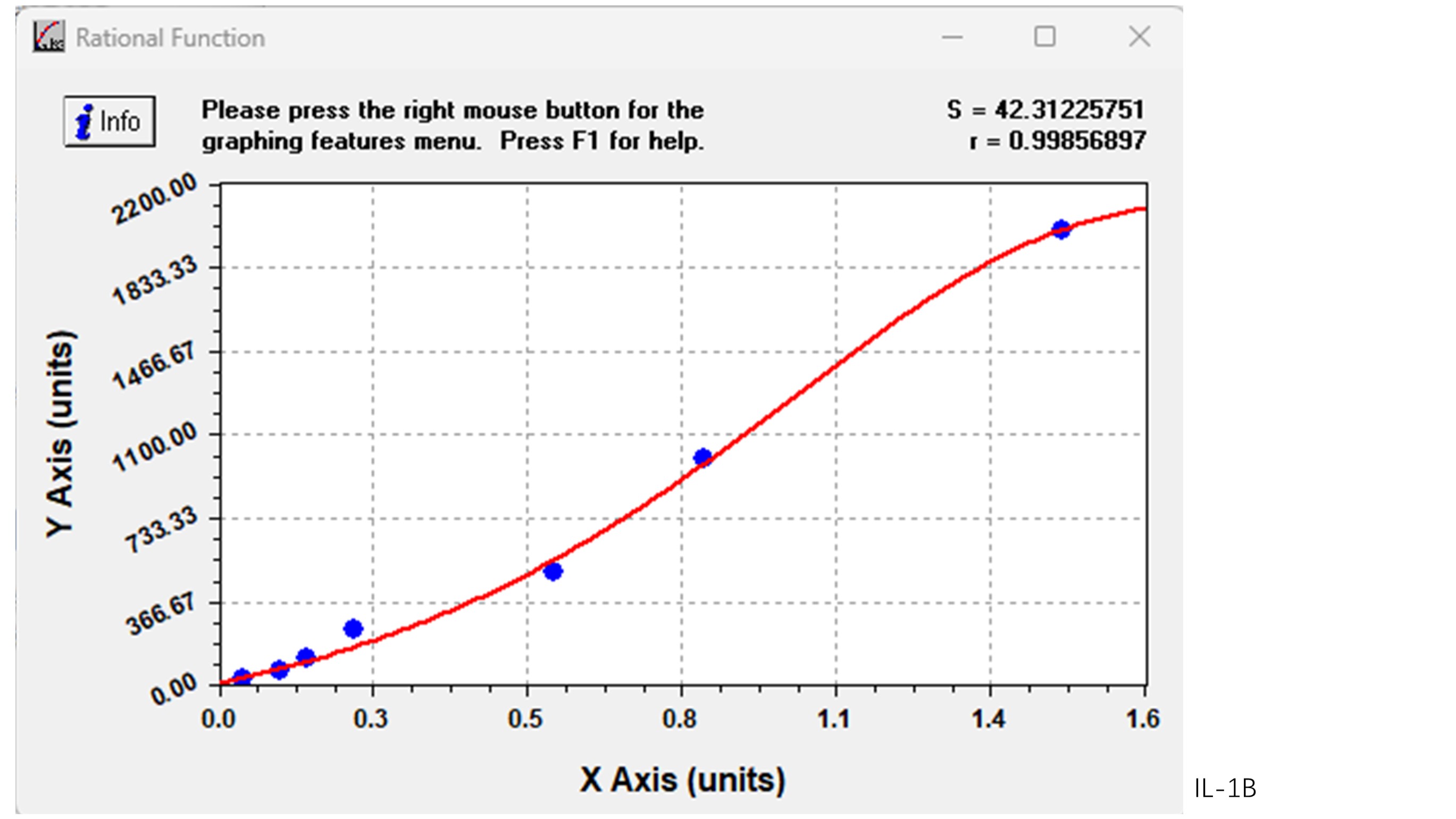Interleukin-1 beta (IL-1β) is a potent pro-inflammatory cytokine that plays a central role in innate immune responses and inflammatory processes. Activated macrophages, monocytes, and other immune cells produce IL-1β, which mediates fever, acute-phase responses, and tissue inflammation through binding to the IL-1 receptor. This cytokine is essential for host defense against pathogens but can also contribute to pathological inflammation in autoimmune diseases, making it an important target for immunological and inflammatory disease research.
The Mouse Interleukin 1β,IL-1β ELISA Kit (CSB-E08054m) provides quantitative measurement of IL-1β in mouse samples using a sandwich assay principle. This kit requires 50-100 μL sample volume and can be completed within 1-5 hours. Detection occurs at 450 nm wavelength, allowing researchers to accurately quantify IL-1β levels in their experimental samples for studies involving Mus musculus.
Application Examples
Note: The following application examples are drawn from a selection of publications citing this product. For additional applications, please refer to the full list of references in the "Citations" section.
This ELISA kit has been used in diverse research applications to quantify interleukin-1 beta levels in mouse models across multiple biological contexts. The kit works well for analyzing various sample types including serum, plasma, bronchoalveolar lavage fluid, and cell culture supernatants from macrophage studies.
• Inflammatory cytokine profiling - Measurement of IL-1β alongside other pro-inflammatory mediators in comprehensive cytokine panels to assess inflammatory responses
• Respiratory inflammation research - Quantification in bronchoalveolar lavage fluid to evaluate pulmonary inflammatory processes and airway responses
• Heat stroke pathophysiology - Measuring IL-1β levels during recovery phases to understand inflammatory mechanisms in thermal injury models
• Macrophage activation studies - Analysis of IL-1β secretion from cultured bone marrow-derived macrophages following stimulation protocols
• Multi-organ inflammatory studies - Simultaneous evaluation in serum and tissue samples to characterize systemic versus localized inflammatory responses
• Biomarker correlation studies - Integration with other inflammatory markers and tissue damage indicators to establish comprehensive inflammatory profiles
• Pharmacological intervention research - Evaluation of IL-1β modulation in response to various therapeutic compounds and experimental treatments

